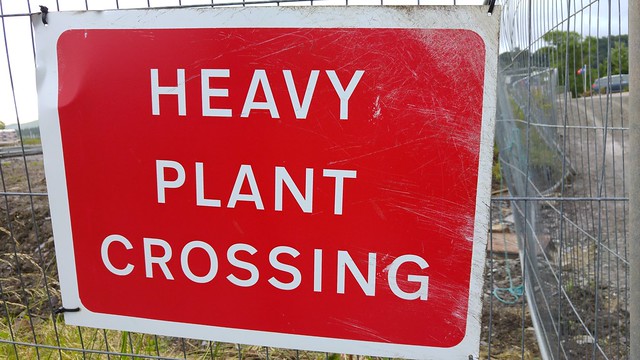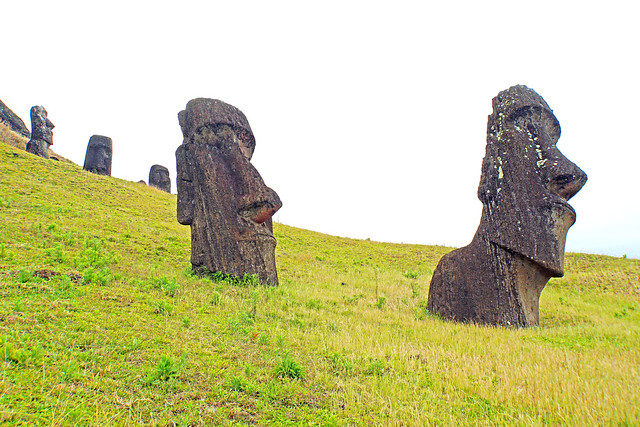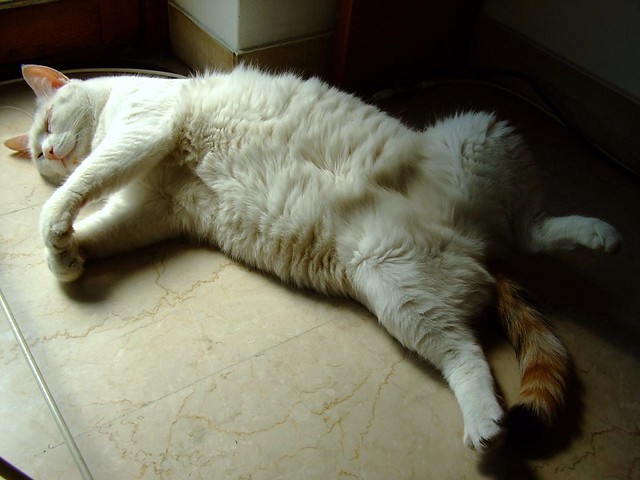Words for heavy and related things in Celtic languages.

Words marked with a * are reconstructions.
| Proto-Celtic |
*trummos = heavy |
| Old Irish (Goídelc) |
trom = heavy, burden, distress, elder, weight
trummae = heaviness |
| Middle Irish (Gaoidhleag) |
trom = heavy, great, vast, powerful, mighty, weight, burden, bulk, severity, distress, difficulty, sorrow, blame, censure
trummae, truime = heaviness, weight, severity, rigour, sorrow, grief |
| Irish (Gaeilge) |
trom [t̪ˠɾˠuːmˠ] = weight, burden, oppression, bulk, preponderance, importance, blame, heavy, stodgy, dense, thick, abundant
tromábhal = massive
troime = heaviness, weightiness
tromaí = weighty, onerous, grave, serious, heavy-handed
tromaigh = to become heavier, make heavier, add weight to, intensify, deepen, press upon
tromán = weight
tromas = oppression, distress |
| Scottish Gaelic (Gàidhlig) |
trom [trɔum] = heavy; weighty, ponderous; pregnant; deep, profound; oppressive (mood); mournful, melancholic; burden, weight
tromach = heavy / clunky one
tromadach = bulky, large, substantial, massive, ample, weighty, lumpish
tromaich = make/become heavy, burden, load, oppress
troman = great weight |
| Manx (Gaelg) |
trome [t̪roːm] = heavy, difficult, grave, substantial, weighty, deep, sweated, emphatic, hard, gruelling, harsh
tromey = heavy, grievous
trommey = heavy |
| Proto-Brythonic |
*trumm = heavy |
| Middle Welsh (Kymraec) |
trum, trỼm, trom, trwm = heavy, solid, bulky, large |
| Welsh (Cymraeg) |
trwm [trʊm] = heavy, solid, bulky, large, thick, intense, severe, hard, excessive; extensive, plentiful; boring, abstruse; close, muggy, oppressive
trwmgalon, trymgalon = heavy-hearted, sad, sorrowful, downhearted, troubled, sadness
trymhau = to make/become heavier
pendrwm = downcast, downhearty, sorrowful, dejected |
| Middle Cornish (Cernewec) |
trom = heavy, weighty, sad |
| Old Breton |
trum = heavy (?) |
| Middle Breton (Brezonec) |
trum, trumm = quickly, fast, soon, sudden |
| Breton (Brezhoneg) |
trumm = sudden |
The Breton words might not be cognate with the words in the other languages.
Etymology: from Proto-Indo-European *trewd (thrust, press) [source].
Words from the same roots include intrude, protrude, threat and thrust in English, troid (fight) in Irish, trod (quarrelling, wrangling, scolding) in Scottish Gaelic and troddan (campaign, fight, quarrel) in Manx [source].
| Middle Irish (Gaoidhleag) |
pís = name of a weight, pennyweight |
| Proto-Brythonic |
*puɨs = heavy |
| Middle Welsh (Kymraec) |
pvys, pwys = weight
pwysedic = weighed, pressed, weighty, heavy
pvysuaur, pwys-fawr = heavy, important, momentous, serious
pwyssic = important, weighty, momentous |
| Welsh (Cymraeg) |
pwys [puːɨ̯s/pʊi̯s] = weight, pressure, impetus, burden, pound (lb)
pwysaf, pwyso = to weigh, be heavy, press, emphasize
pwysedig = weighed, pressed, weighty, heavy
pwysedd = pressure
pwysfawr = heavy, important, momentous, serious
pwysig = important, weighty, momentous, cautious |
| Middle Cornish (Cernewec) |
poys, pôs, poes, poays, boys = weighty, heavy, grevious
poesder, pysder = weight |
| Cornish (Kernewek) |
poos = heavy, emphasis, importance, pressure, weight, muggy
poosa = to weigh
posek = important
poster = heaviness |
| Old Breton |
pois, puisou = heavy, important, strong |
| Middle Breton (Brezonec) |
pouez = weight, authority, heavy
peosaff, poesa = to weigh
poesant = heavy
poesus = heavy |
| Breton (Brezhoneg) |
pouez [ˈpweːs] = weight, rhythm, importance
pouezañ [ˈpweːzã] = to weigh, insist
pouezadenn [pweˈzɑːdɛn] = weighing, pressure
pouezant = heavy
pouezer [ˈpweːzɛr] = weighing
pouezus [ˈpweːzys] = important |
Words marked with a * are reconstructions.
Etymology: from Vulgar Latin *pēsum, from pēnsum (allotment, portion, weight) [source]. Words from the same roots include poids (weight) in French, and peso (weight) in Italian and Spanish [source].
| Middle Breton (Brezonec) |
ponnher, ponner, pouner = heavy, important, strong |
| Breton (Brezhoneg) |
pounner [pu.nɛʁ] = heavy, exaggerated, strong, serious
pounneraat = to gain weight
pounnerder = gravity
pounnerglev = hard of hearing |
Words marked with a * are reconstructions.
Etymology: unknown
Sources: Wiktionary, Am Faclair Beag, Online Manx Dictionary, Teanglann.ie, eDIL – Electronic Dictionary of the Irish Language, In Dúil Bélrai English – Old Irish glossary, Geiriadur Prifysgol Cymru, Gerlyver Kernewek, Gerlyvyr Cernewec, Lexicon Cornu-britannicum: A Dictionary of the Ancient Celtic Language of Cornwall, Dictionaire Favereau, TermOfis, Le dictionnaire diachronique du breton, Geriafurch, English – ProtoCeltic WordList (PDF), Etymological Dictionary Of Proto Celtic










